10 Things Steve Ballmer Is Thinking About Right Now
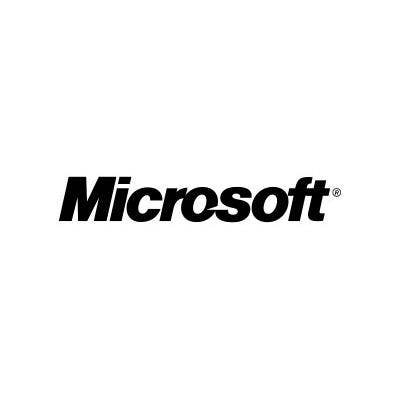
Search is a market in which Microsoft hasn't yet been able to turn a profit, and ROI on the money Microsoft has spent to date on search will likely be slow to materialize, CEO Steve Ballmer told investors. So Microsoft has to be "responsible and reasonable" about how much it invests in search, Ballmer said, suggesting that there could be consequences in not doing so.
"I don't want to wind up being known as the Jerry Yang of this market in a different way, the guy who invested forever and got no -- and I'm not trying to be rude to Jerry, but that whole episode left me understanding how shareholders can get frustrated with managements who aren't serious about performance," Ballmer said.
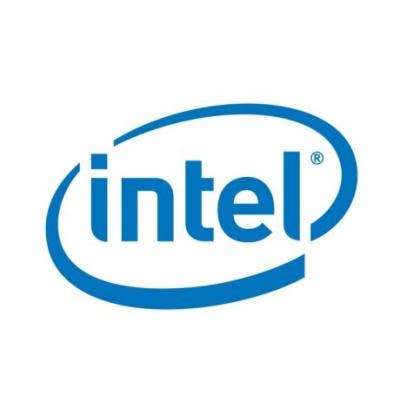
Microsoft's Windows cash cow has taken a hit in the last two quarters that executives have attributed to netbooks. But Ballmer told investors that Microsoft doesn't view netbooks as a scourge to its business.
"The other thing that I think is important for us to have in our heads is what the netbook may open up in terms of new possibilities for us. You now get a very low-cost, very small, essentially hardware stack that can run our software anywhere. And you can start literally thinking about embedding it in a lot of different devices," Ballmer said.
Ballmer didn't answer the burning question of how much Microsoft will charge for Windows 7 on netbooks. But he did say that with Windows 7, Microsoft has "an opportunity to rethink the product lineup for netbooks" as well as their pricing.

Microsoft is "very focused" on its competition with Linux, and that relationship is undergoing a distinct shift right now, Ballmer told investors.
"I think the dynamic with Linux is changing somewhat. I assume we're going to see Android-based, Linux-based laptops, in addition to phones. We'll see Google more as a competitor in the desktop operating system business than we ever have before. The seams between what's a phone operating system and a PC operating system will change, and so we have ramped the investment in the client operating system," Ballmer said.
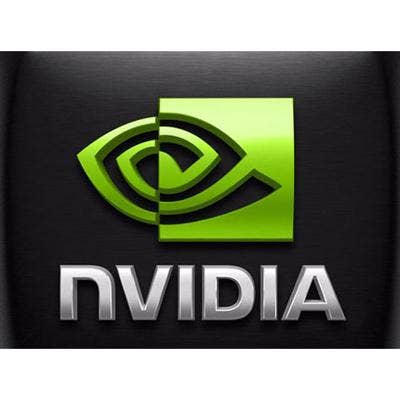
Microsoft has been rumored to be working on a smartphone for about as long as it has been rumored to be acquiring Yahoo, and neither has come to pass. Ballmer reiterated this to investors and said Microsoft will follow the same path in mobiles as it has in PCs.
"People ask me, 'Will you build your own phone?' Not our strategy to build our own phone. It's our strategy to sell software that we can use and support across a wide range of device manufacturers to encourage choice, choice in devices, choice in the operators," Ballmer said.
Ballmer also tossed competitors a grudging compliment by acknowledging that "all of the consumer market mojo is with Apple [and] to a lesser extent BlackBerry."

One of Ballmer's more intrigued-filled comments to investors was that Microsoft is preparing to launch a new low-cost, low-price, low-functionality Windows server SKU called Foundation Edition.
Dropping server prices and the growth of netbook sales has convinced Microsoft that a market exists for a netbook at the server level, and plans are to roll out Foundation Server "in the next month or two," Ballmer said.

The economic downturn and slowdown in capital spending will inevitably affect PC and PC hardware and server sales rates, but the good news is that Windows still occupies the top spot in operating system market share, Ballmer told investors.
The bad news is that the No. 2 market share spot is occupied by pirated, or unlicensed, versions of Windows, for which Microsoft receives nary a dime. "That's a competitor that's tough to beat -- they've got a good price and a heck of a product, but we're working on it," Ballmer said.
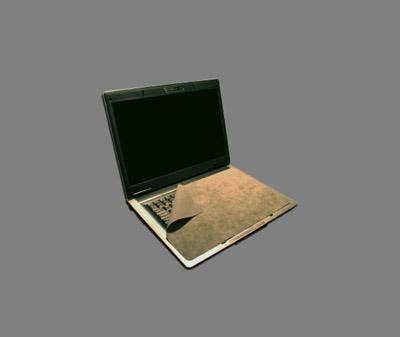
Ballmer said that while Microsoft has lost some Web browser market share with IE8, currently in release candidate stage, the company will launch a set of technology marketing programs to regain market share in the segment.
"We think that browser share is important. Browsers are not commodity. Browsers are key features of operating systems, and we have a lot of work that we need to do in that dimension," Ballmer said.
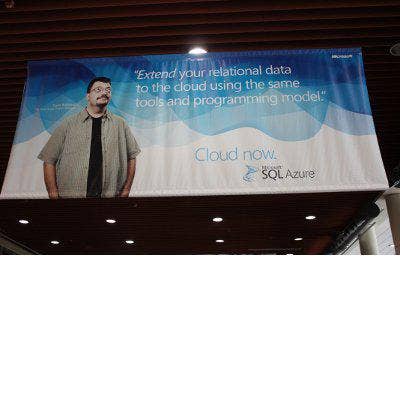
Ballmer asked Microsoft's corporate strategy group to closely study previous U.S. economic downturns that were driven by deleveraging of the economy. The group found that RCA presents the best role model for struggling companies of today to follow because it kept investing in R&D throughout the Depression and dominated television technology as a result, Ballmer said.
Microsoft is spending $9.5 billion on R&D in fiscal 2009, but considering the depth of the current recession, those investments could take a while to bear fruit.
"It's not a recession in which you recover, but rather a bunch of money comes out of the economy, it resets over a period of time to a new level and then productivity and sort of innovation can then again drive economic growth," Ballmer said.

Microsoft, which launched hosted versions of Exchange and SharePoint last November, is "seeing very rapid uptake from our enterprise customers," Ballmer told investors. But those offerings, part of the Business Productivity Online Services suite, are just the tip of the iceberg.
With Office Live, Microsoft is still in the early stages of "figuring out how to make it a better source for revenue realization for the productivity user," Ballmer said.
Windows Azure, which is essentially Microsoft's server platform brought to the cloud, will likely have progressed to the point where Microsoft can talk about bringing it to market when the Professional Developers Conference rolls around in November, according to Ballmer.

Ballmer acknowledged that OpenOffice has been a dogged competitor for years, one that "doesn't go away," and challenges Microsoft's Office suite particularly well in the education market.
But Office is still a better product than OpenOffice, Ballmer said. "We continue to have, I think, the superior offer. We have more capability, we are priced well," he said.